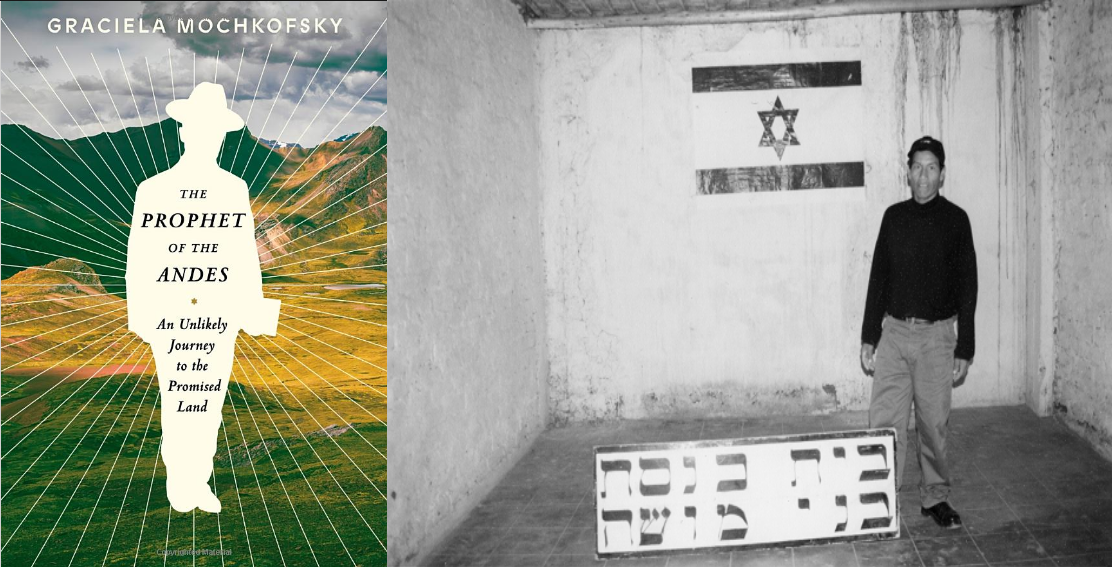The Russian federal law "for the Purpose of Protecting Children from Information Advocating a Denial of Traditional Family Values", also referred to in English-language media as Russia's gay propaganda law, is intended to protect children from being taught that homosexuality is a norm in society, that it contradicts traditional family values. Hmm. Sounds okay. Gays find male-female sex disgusting, don't reproduce, so they don't qualify as traditional family. And is it really such a good idea to teach children that gay sex is just the same as male-female sex, equally deserving of respect? Equal before the law? Only a few decades ago, this would have been anathema, while Putin's law would have been seen as American as apple pie, or dare I say, motherhood.










